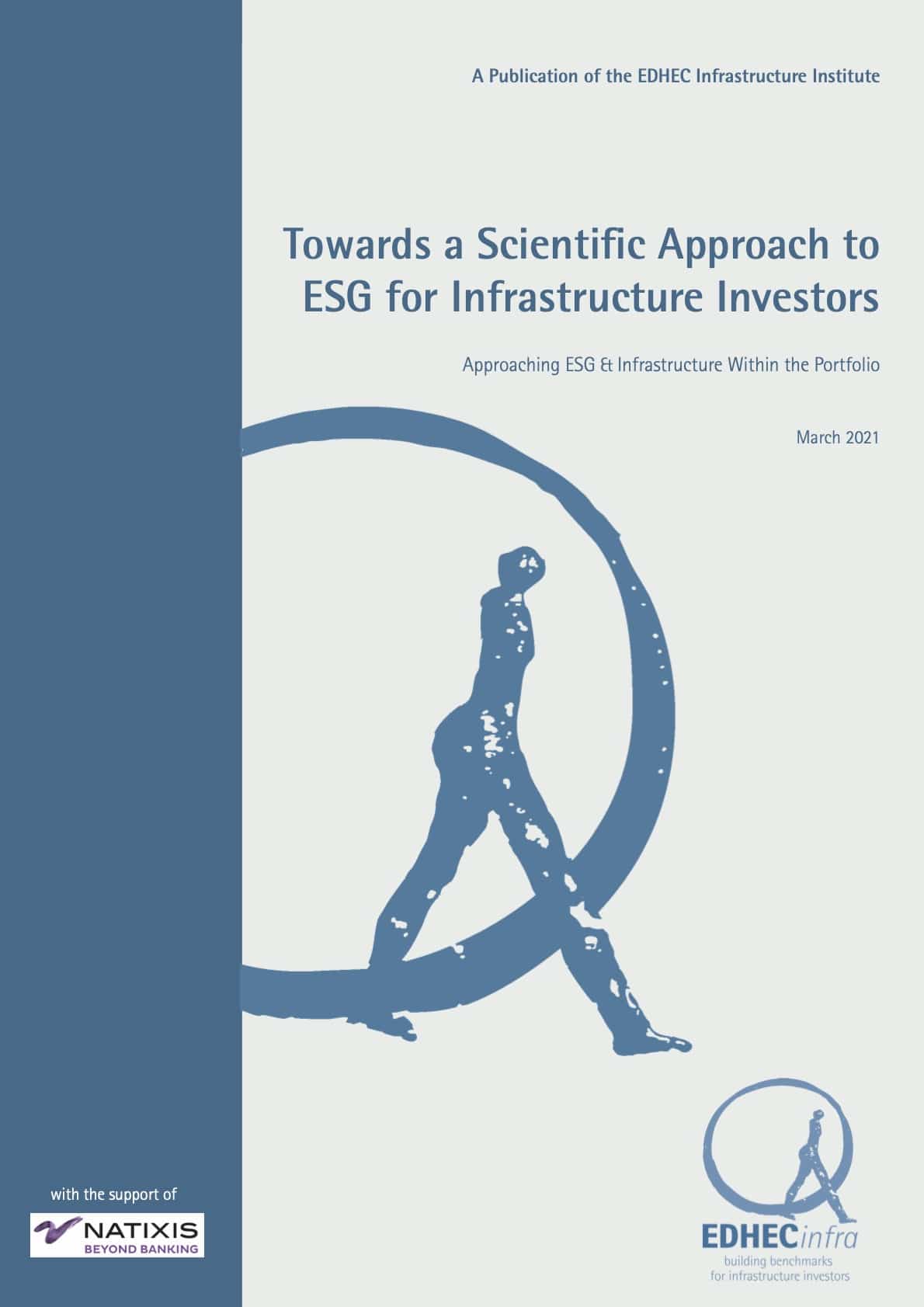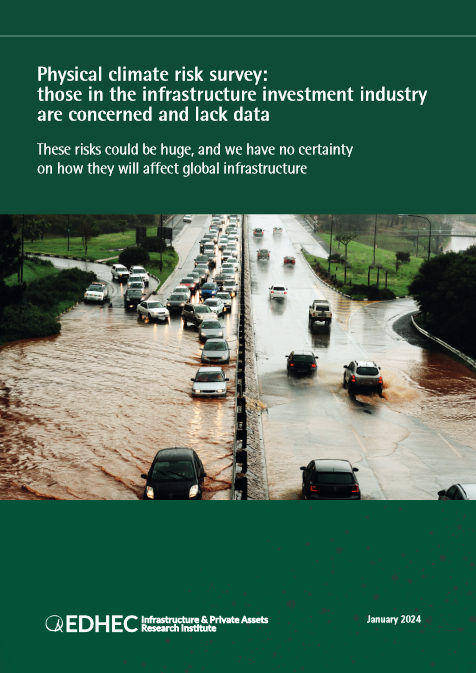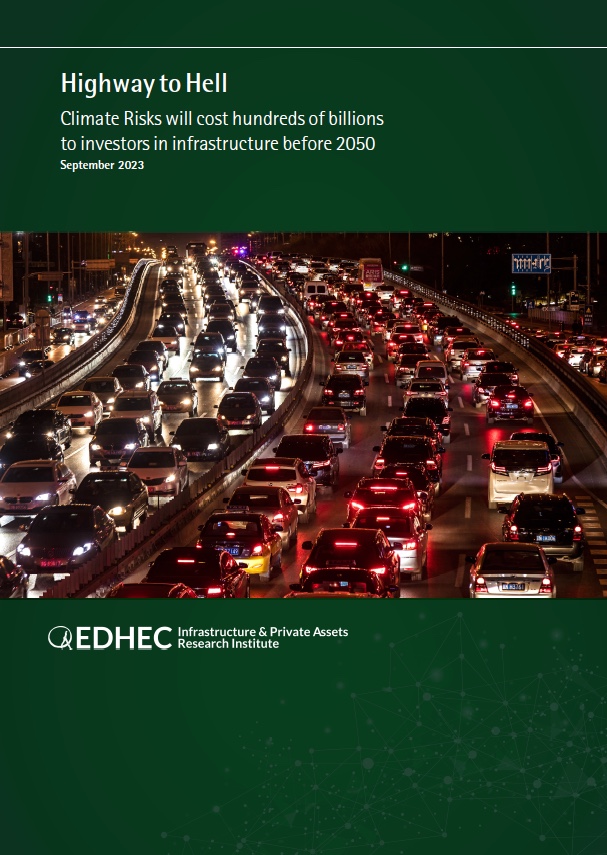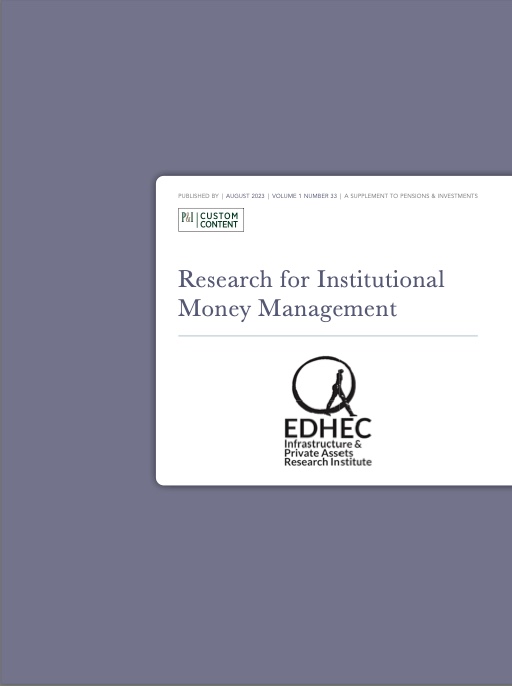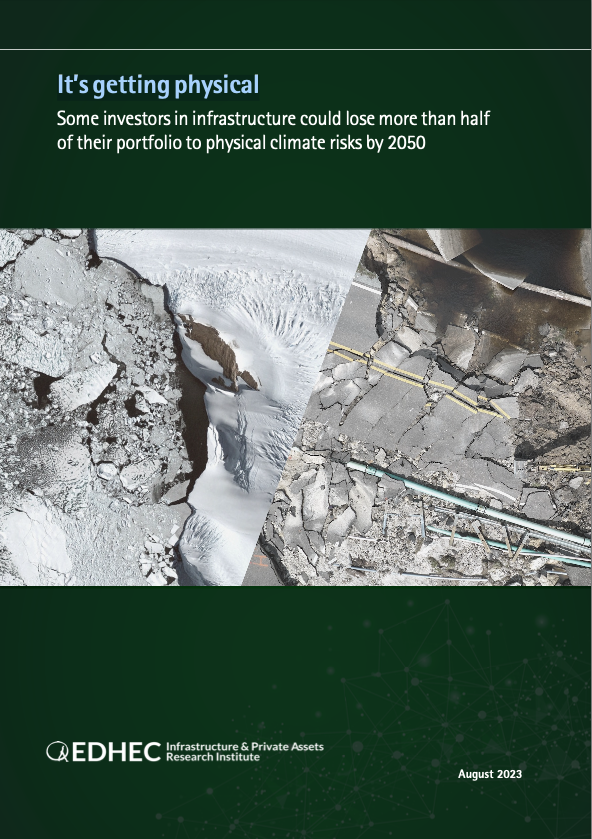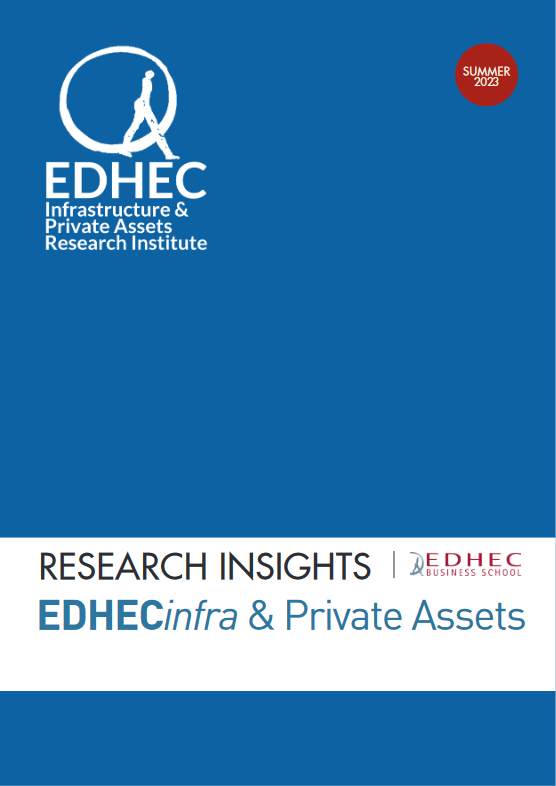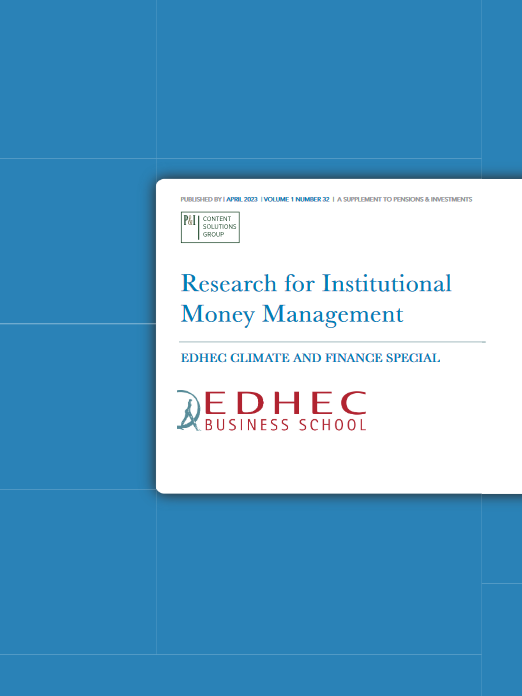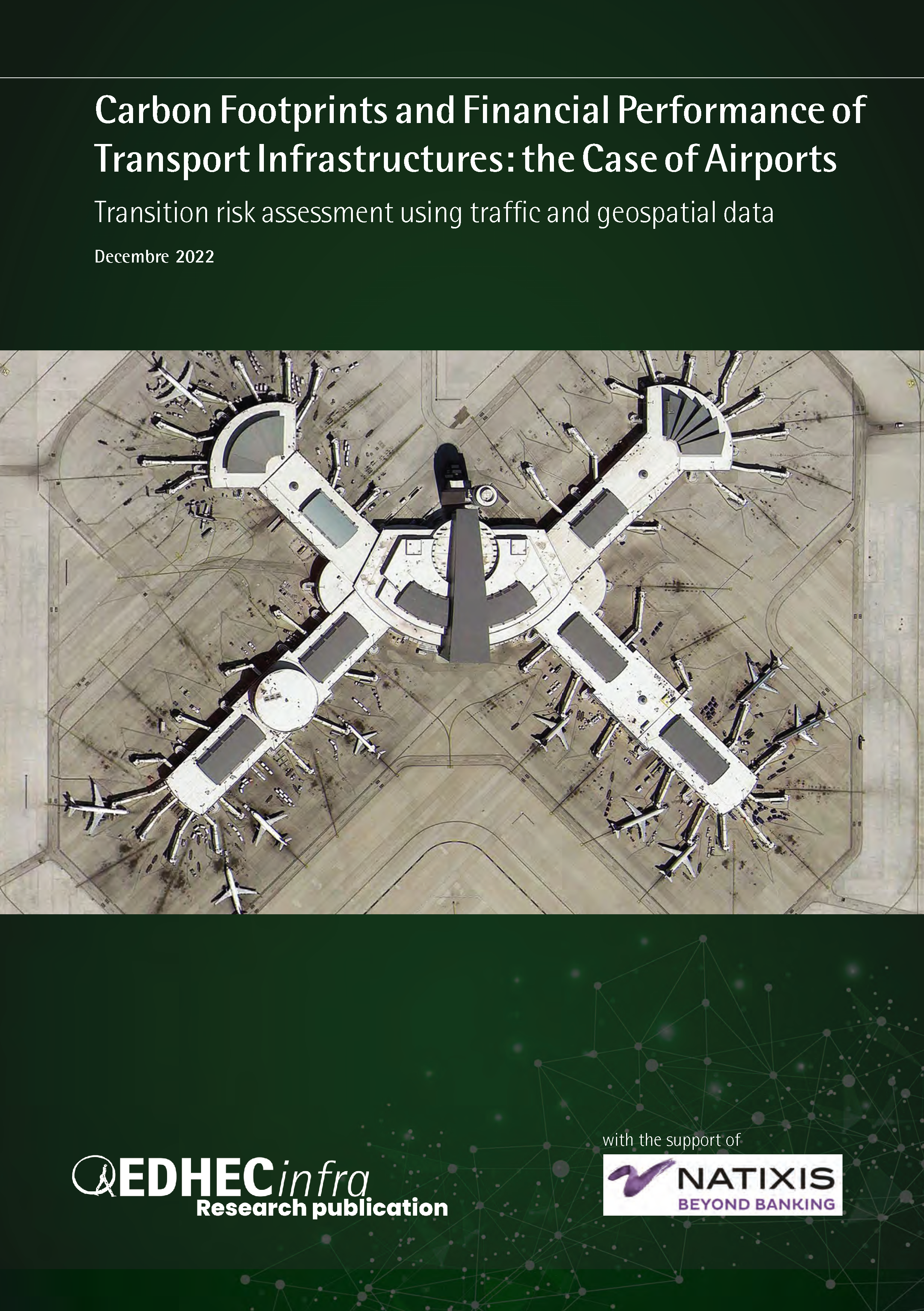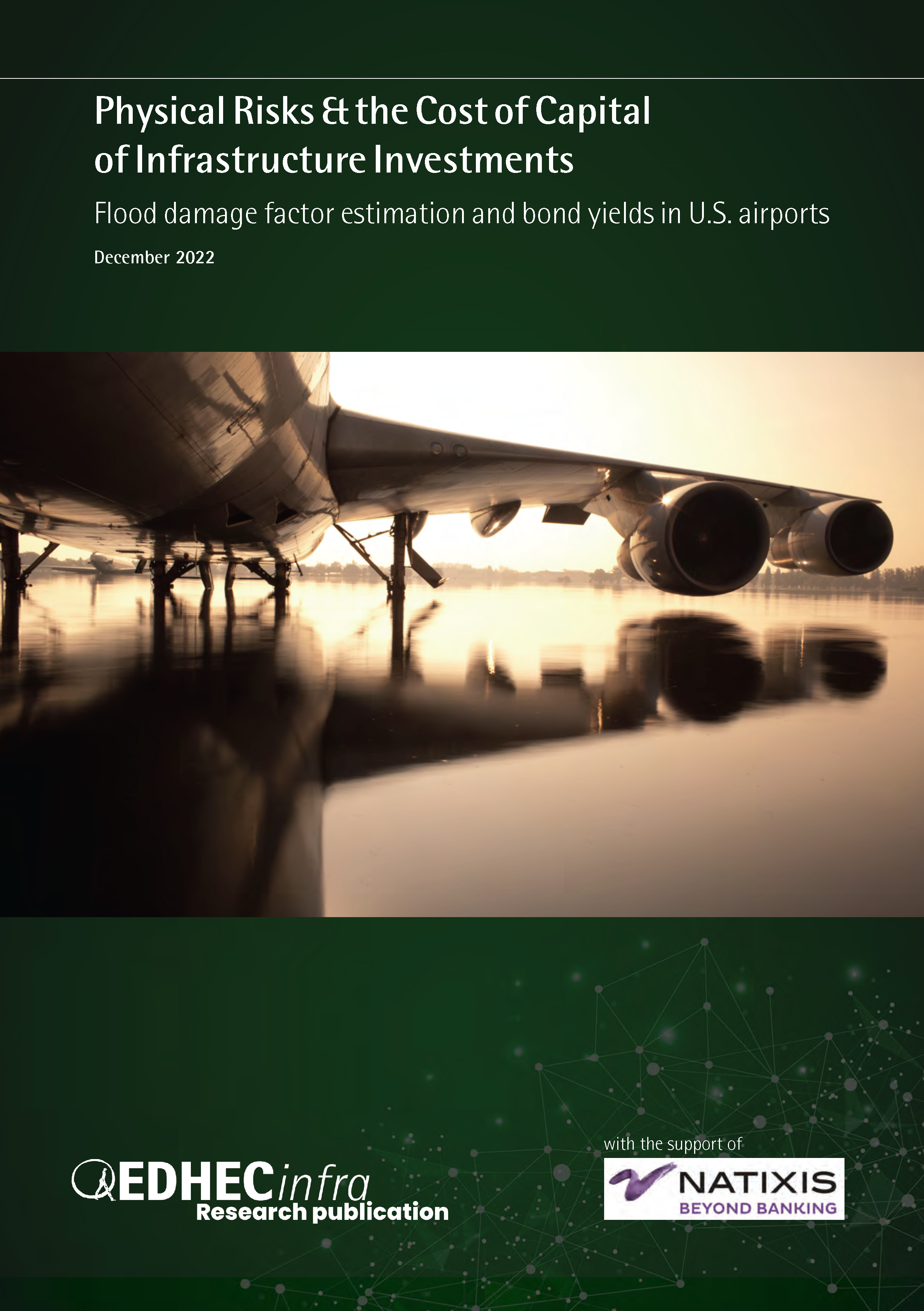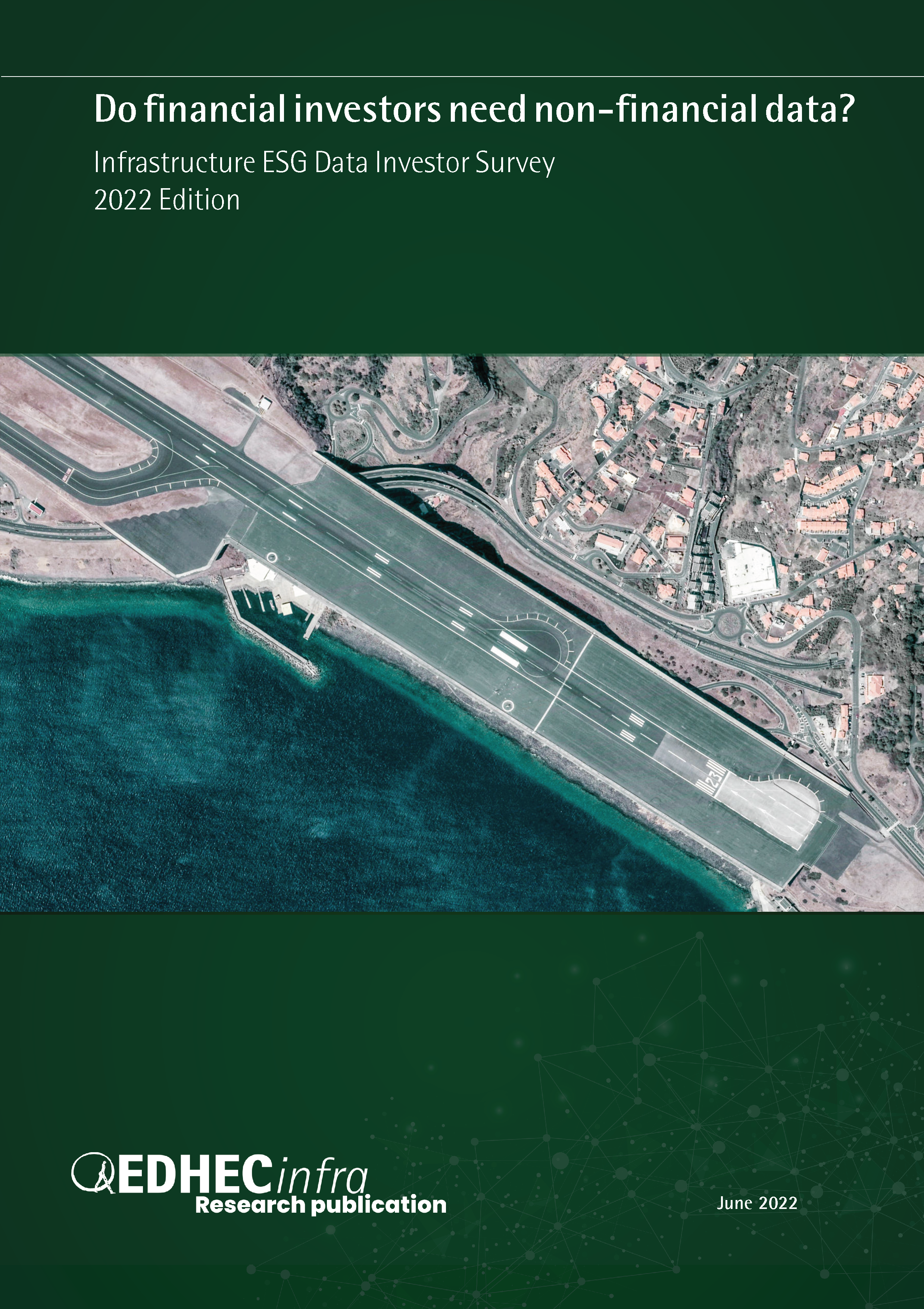Computing Extreme Climate Value for Infrastructure Investments: Asset Pricing Applied to NGFS Phase 4 and Oxford Economics Scenarios
Jan-2024
Climate Risks & Infrastructure Research
Climate risk is pivotal for infrastructure investors due to its profound potential impact on asset viability and financial returns. Rising temperatures, extreme weather events, and regulatory shifts pose significant threats to infrastructure assets, like roads, bridges, and utilities, which are vulnerable to damage, operational disruptions, and decreased demand amid climate-related challenges.
Investors must integrate climate risk assessments into their decision-making processes to mitigate potential losses, ensure long-term resilience, and seize opportunities in the transition to a low-carbon economy, safeguarding investments and aligning with sustainability objectives.Our research focuses on estimating the exposure of infrastructure assets to climate risks (carbon emissions and physical risks) as well as the valuation of these risks in different climate scenarios and the estimation of “extreme climate value.” Finally, we develop research on the alignment and resilience of infrastructure assets given the technological choices available today and tomorrow.
Related Insights

Analysing UK power using infraMetrics®
Benchmark your Climate Risks in infraMetrics®

A new era of data & analytics for infrastructure investors
